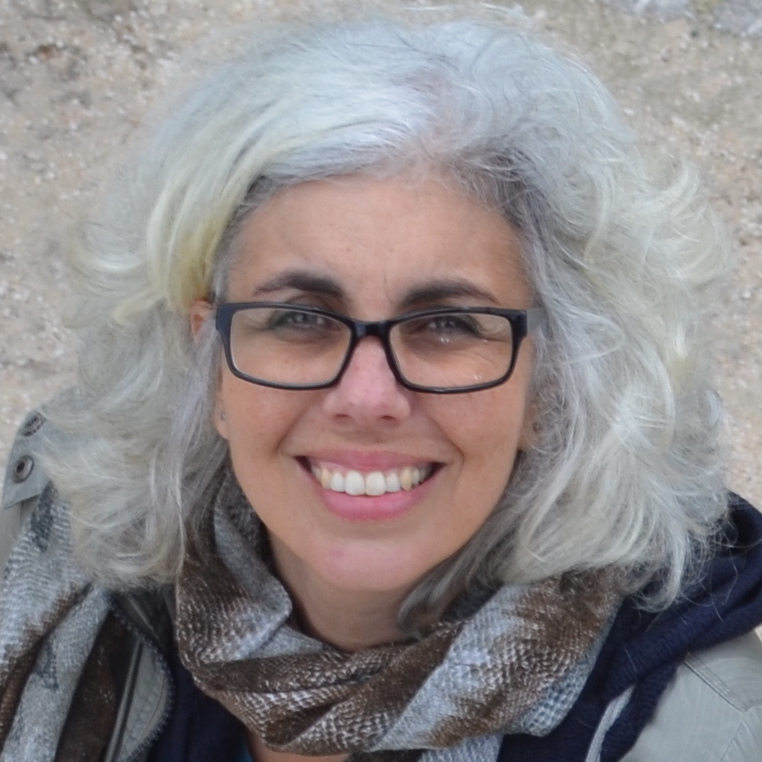Since Eliza, the first chatbot ever, developed in the 60s, researchers try to make machines understand (or mimic the understanding) of Natural Language input. Some conversational agents target small talk, while others are more task-oriented. However, from the earliest rule-based systems to the recent data-driven approaches, although many paths were explored with more or less success, we are not there yet. Rule-based systems require much manual work; data-driven systems require a lot of data. Domain adaptation is (again) a current hot-topic. The possibility to add emotions to the conversational agents’ responses, or to make their answers capture their “persona”, are some popular research topics. This talk explains why the task of Natural Language Understanding is so complicated, detailing the linguistic phenomena that lead to the main challenges. Then, the long walk in this field is surveyed, from the earlier systems to the current trends.

Luísa Coheur graduated in Applied Mathematics and Computation and has an M.Sc. degree in Electrical and Computer Engineering, both from Instituto Superior Técnico (IST). In 2004, she concluded her Dual degree Ph.D in Computer Science and Engineering (IST), and Linguistique, Logique et Informatique (Université Blaise-Pascal). She is a researcher at INESC-ID since 2001, and a lecturer at IST since March 2006. Luísa Coheur has been working in the Natural Language Processing field since her Master’s thesis. Her main research interest is Natural Language Understanding, being Question/Answering, Dialogue Systems and Machine Translation her key application scenarios. She strongly believes that science should be in service to the public good, and she is currently building a prototype that translates European Portuguese into LGP (Língua Gestual Portuguesa), using an avatar. She participated in several national and international projects; she supervised and/or co-supervised 55 masters’ and 6 Ph.D students. Luísa Coheur is also a part-time writer. She has 3 published books and two short stories, which won literature prizes.
